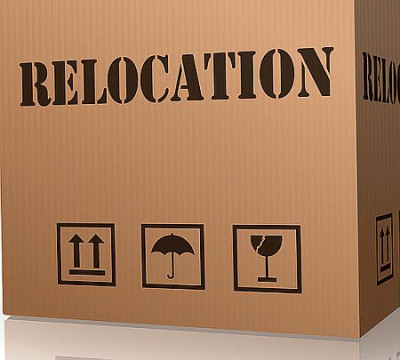NEW: RI Foundation + Commerce RI Release Econ. Development Report
Thursday, January 23, 2014
The Rhode Island Foundation and Commerce Rhode Island released a collaborative report today that contains their prescriptions for the future of economic development in the Ocean State.
The study, say its authors, is intended to serve as "a call to action." It contains over one hundred pages of suggestions for both the public and private sectors, and is organized along five major themes: Increasing the Impact of Competitive Advantages, Promoting Emerging Opportunities, Facilitating Intersections and Connectivity, Building Capactiy and the Business Ecosystem, and Supporting the Talent Pipeline.
The economic report is the final product of the suggestions that the RI Foundation and Commerce RI gathered from more than 200 business leaders and service organization representatives hailing a diverse assortment of fields and professions.
GET THE LATEST BREAKING NEWS HERE -- SIGN UP FOR GOLOCAL FREE DAILY EBLASTWorkshops and discussions amongst these professionals have been taking place since September 2013. The study itself is particularly concerned with "intra-sector collaboration" as an economic strategy. Both the study's conclusions and its methodology emphasize the economic value and opportunity both the The RI Foundation and Commerce RI see in collaboration between businesses in Rhode Island.
Related Slideshow: New England States Battle Over Jobs
Here are several examples of business and job raiding by and against New England states, according to the Good Jobs First report,
.
Related Articles
- Executive Office Of Commerce Won’t Help RI Economy—Critics
- NEW: Report Says RI Economy Picking Up Steam
- URI Expert: RI Economy Following ‘Stop and Go’ Pattern
- Exposing the Big Lie of the US Economy
- New RI Web Site Ties Legislatures Failure to Economy - www.OSTPA1.com
- URI Expert: RI Economy Gaining Momentum
- Alex and Ani Fuels Economy - Creates Thousands of Jobs in RI
- Is RI’s Economy on the Rebound?
- Rhode Island’s Struggling Economy: Top Stories in RI in 2012
- What Rhode Island Can Do to Move the Economy Forward
- Aaron Regunberg: How Walmart Workers Could Save the U.S. Economy
- Julia Steiny: Economy To Youth: Make Your Own Jobs
- Russell Moore: Election 2014: It’s the Economy, Stupid
- Blais: RI’s Leaders Need an “Ah-Ha” Moment Soon for the Economy
- LISTEN: RI Economy on the Rebound?
- State Seeking Strategic Plans to Address Economy
- Block/RI Taxpayers Organization Challenge General Assembly on Economy
- Lardaro Report: RI Economy Stalls
- Study Finds Racial Gaps Putting RI’s Economy, Future at Risk
- CCI Report Shows RI Economy ‘Shifting Into High Gear’
- NEW: Providence Voters Pessimistic on Economy
- Travis Rowley: This Economy Is Gay
- Curtis Parvin: Impersonal Consumerism in a Failing Economy
- NEW: RI Economy Continues to Grow, Report Says



















